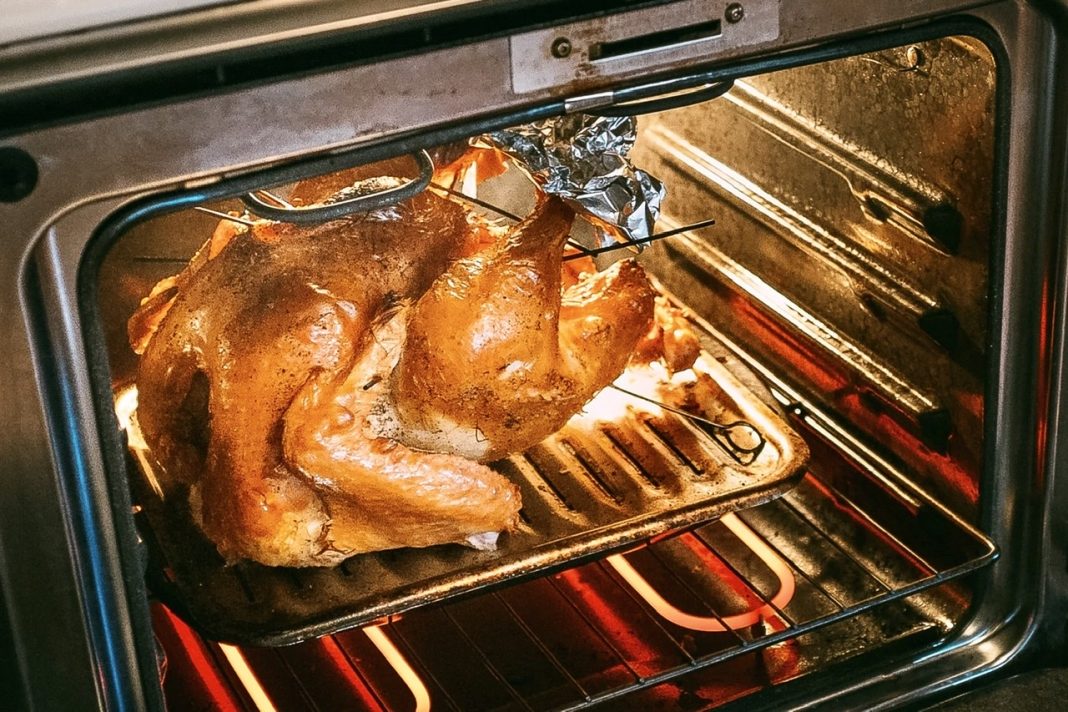Every year, Thanksgiving provides the opportunity for home chefs to make a delicious meal with a turkey as the centerpiece of the holiday. Deep frying a turkey can be a tasty alternative to the traditional oven-roasted method, but fryers pose significant risks to personal safety and property without the proper safety measures in place.
The U.S. Fire Administration reports that an average of 2,300 house fires occur nationwide on Thanksgiving, causing numerous fatalities, injuries, and $25 million in property loss. The average number of reported residential building fires on Thanksgiving Day was more than double (2.3 times more) the average number of fires in residential buildings on all other days. Many of these home fires are due to deep-frying accidents.
“As more families return to celebrating the holidays with one another, it is important to remember that cooking remains the number one cause of house fires,” said acting State Fire Commissioner Thomas Cook. “These incidents peak every year with the Thanksgiving holiday. Turkey fryers and inattentive cooking are consistently listed as the leading causes of these fires.”
Here are some tips to keep you, your guests, and your property safe:
- Read the turkey fryer owner’s manual thoroughly for proper set up and safety tips.
- Make sure the turkey is completely thawed before frying (hot oil and ice/water do not mix).
- Use the correct amount of oil. Overfilled fryers increase the likelihood of oil spilling out of the pot and hitting the burner causing flames to engulf the entire unit.
- Never leave the fryer unattended. Many fryer’s lack thermostats to prevent overheating.
- Keep children and pets away from fryer.
- Use proper hand protection. Lids and handles of the cooking pot get dangerously hot, posing severe burn hazards.
- Have an all-purpose fire extinguisher nearby. Never use water to extinguish an oil fire.
- Do not deep fry your turkey inside your garage, on your porch or deck, or inside your home.
- Use your fryer outside, away from trees, walls, fences, and other structures.
Officials say the best course of action is to follow these tips and avoid accidental fires in the first place. However, in case the worst does occur, homeowner’s insurance policies will cover items like the structure of your home, your personal belongings, and liability protection for injury to your guests.
“Safety for yourself, your family and your property is the most important priority while cooking for the holiday,” Insurance Commissioner Jessica Altman said. “Following these tips will help to prevent a costly and potentially dangerous situation and ensure a happy and healthy Thanksgiving.”
It is also important to note that if you rent, your belongings will not be covered unless you have a renters insurance policy. Your landlord’s insurance will likely cover the building, but not the contents you own, so if you rent, make sure you have renters insurance.


